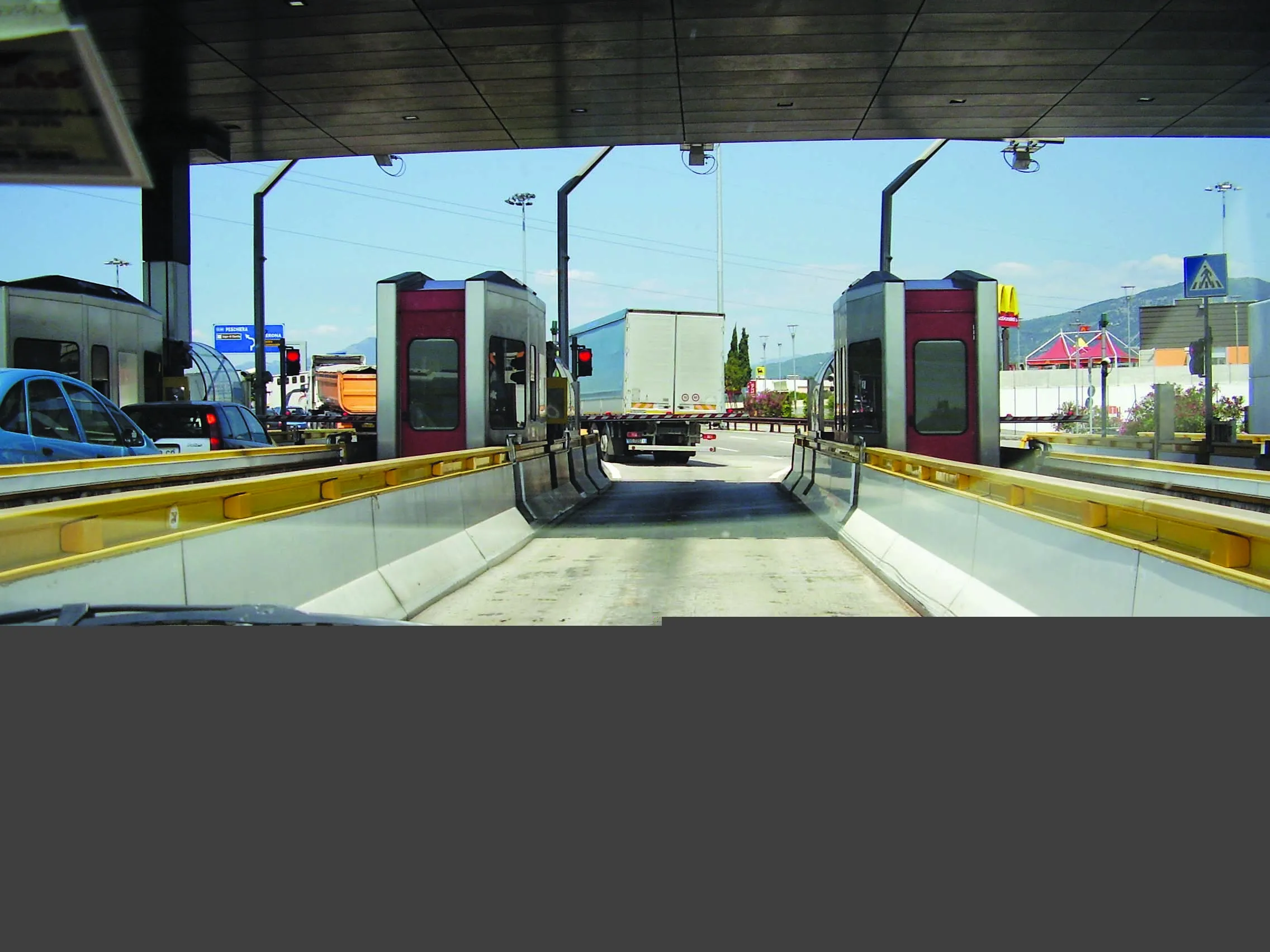Brunei’s Land Transport Master Plan, a national guideline for upgrading road safety and traffic conditions, is reported to be close to being finalised by the government. The master plan is said by government sources to be aimed at urging more people to use public transport. It will study ways to address traffic congestion and ways to upgrade the public transport system, particularly bus reliability. Public transport safety and institutional review are also set to be scrutinised in the master plan. The Centr
July 30, 2013
Read time: 1 min
Brunei’s Land Transport Master Plan, a national guideline for upgrading road safety and traffic conditions, is reported to be close to being finalised by the government.
The master plan is said by government sources to be aimed at urging more people to use public transport. It will study ways to address traffic congestion and ways to upgrade the public transport system, particularly bus reliability.
Public transport safety and institutional review are also set to be scrutinised in the master plan. The Centre for Strategic and Policy Studies is carrying out studies to be incorporated into the Land Transport Master Plan, jointly with the Ministry of Development and the Ministry of Communications. The plan is expected to be completed by August or September 2013.
The master plan is said by government sources to be aimed at urging more people to use public transport. It will study ways to address traffic congestion and ways to upgrade the public transport system, particularly bus reliability.
Public transport safety and institutional review are also set to be scrutinised in the master plan. The Centre for Strategic and Policy Studies is carrying out studies to be incorporated into the Land Transport Master Plan, jointly with the Ministry of Development and the Ministry of Communications. The plan is expected to be completed by August or September 2013.








